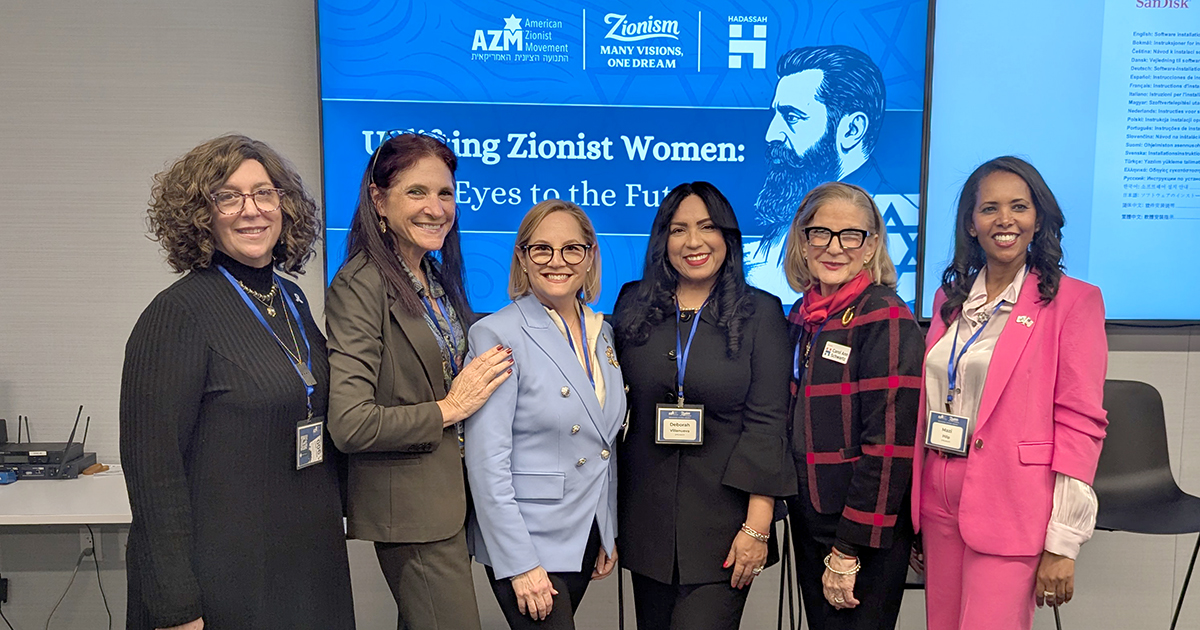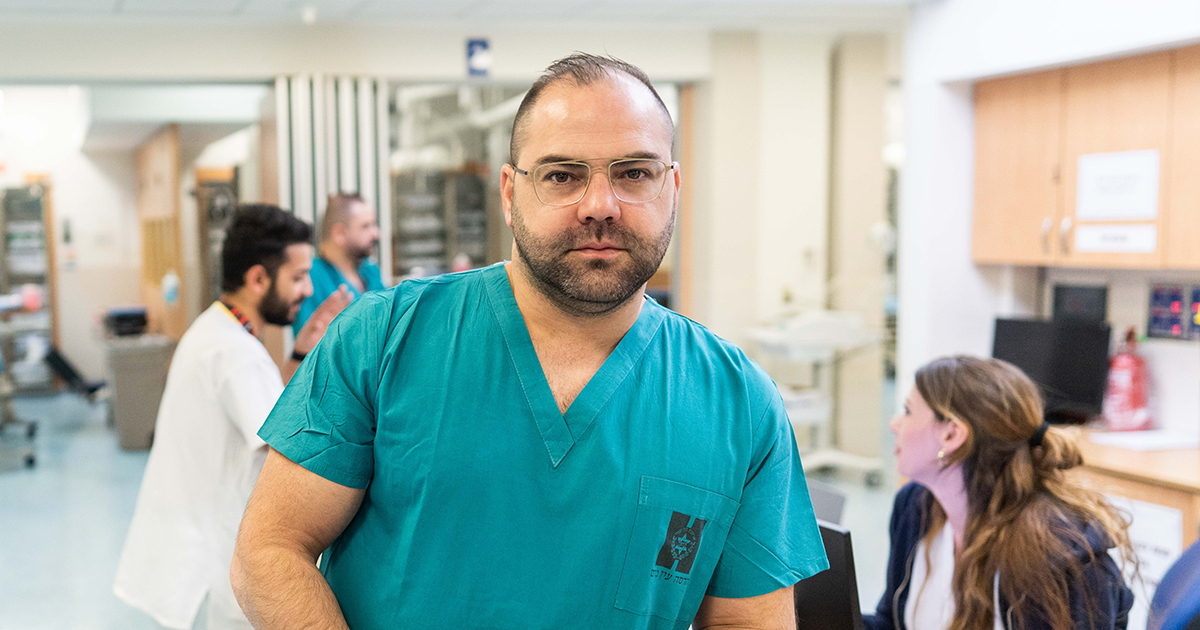As awareness about the link between breast cancer and genetic BRCA mutations has grown in recent years, the demand for BRCA gene testing has “rapidly increased.”
A new study by one of the Hadassah Medical Organization’s top breast cancer oncologists, Dr. Shani Paluch-Shimon, director of the Breast Oncology Program, appears in the journal Nature, titled, “BRCA Genetic Testing and Counseling in Breast Cancer: How Do We Meet Our Patients’ Needs?”
The demand may overwhelm current genetic services –– including genetic counseling –– warns Dr. Paluch-Shimon and the other researchers in the new survey of the landscape.
“Innovative methods of mainstreaming genetic services may help overcome some of these challenges,” the authors write. “Education and resources to support appropriate counseling for gBRCAm testing, as well as information on the implications of testing, and models for genetic test consent, are urgently needed to support the evolving clinical space.”
The review examines the implications of BRCA testing for patients with breast cancer, summarizes current approaches to testing, provides potential solutions to support wider adoption of mainstreaming testing practices and considers future directions of testing.
Hereditary breast and ovarian cancer syndrome accounts for approximately 10 percent of breast cancer cases, and BRCA1 and BRCA2 are the main genes involved in genetic susceptibility to breast cancer, the review notes. Patients harboring BRCA genes are more likely to develop breast cancer at a younger age, and BRCA status plays an important role in determining courses of treatment.
“The presence of gBRCAm may impact decisions about risk-reducing measures, choice of surgery and systemic therapies,” the authors write.
The study also notes that the burden of BRCA gene testing in breast cancer extends beyond the affected individual, with other family members facing decisions regarding testing, as well as considerations of family planning.
But more than 32 guidelines for BRCA testing relevant to breast cancer exist worldwide, and the recommendations are often inconsistent. “Greater consensus and cohesion of guidelines would be useful for patients and the medical community,” the authors write, noting that “systemic and societal barriers can impede equitable access to the benefits of genetic testing.”
When clinical teams order genetic testing in collaboration with geneticists and implement counseling at both an individual and group level, it has been shown to improve access to counseling and reduce turnaround times for genetic testing.
“gBRCA testing in breast cancer management is a cost-effective strategy,” the review concludes. “However, without a substantial increase in personnel, traditional, genetics-led models of counseling and consenting are unable to meet the growing demand.”
Read the full study in the journal Nature.
Read More
Dr. Shani Paluch-Shimon - A Pioneer in Breast Cancer Treatment
Testing for Breast Cancer Markers Can Save Arab Women’s Lives
Bring Attention to Breast Cancer Awareness Month With Hadassah



.svg)






